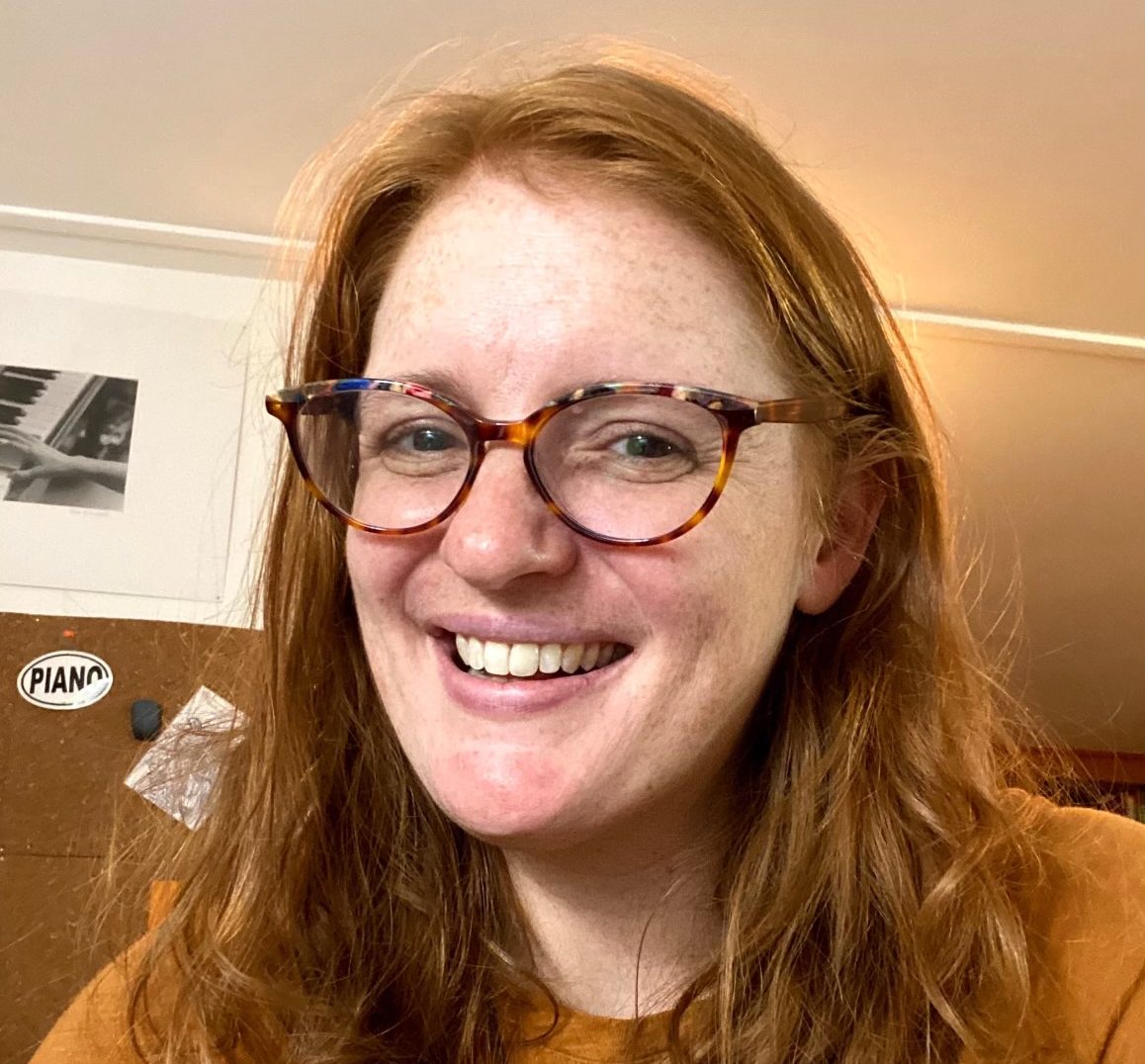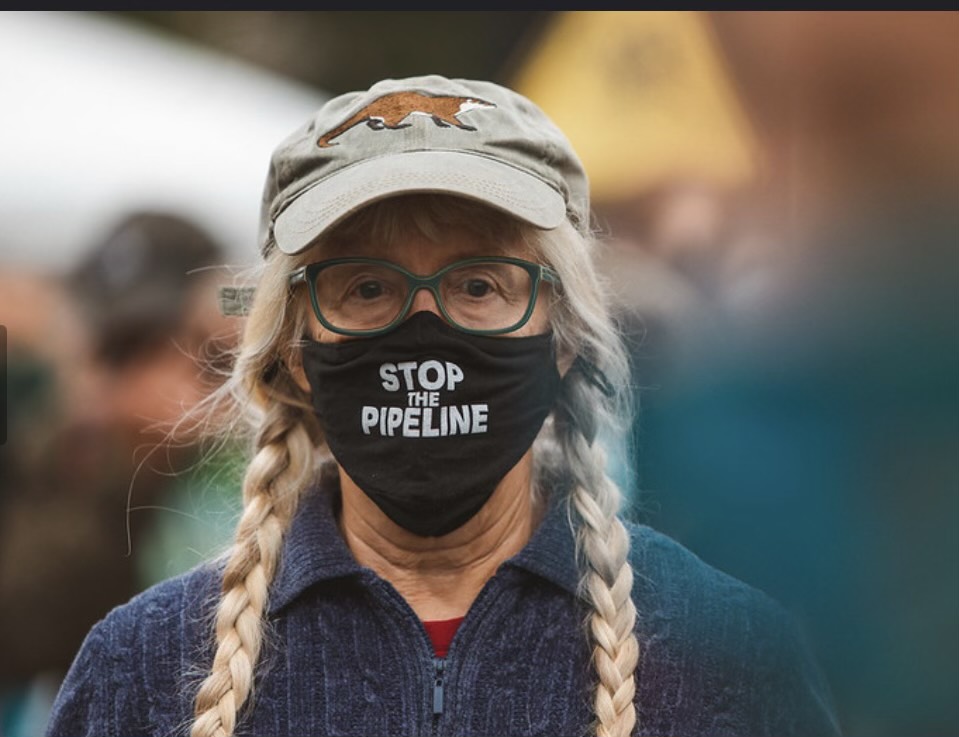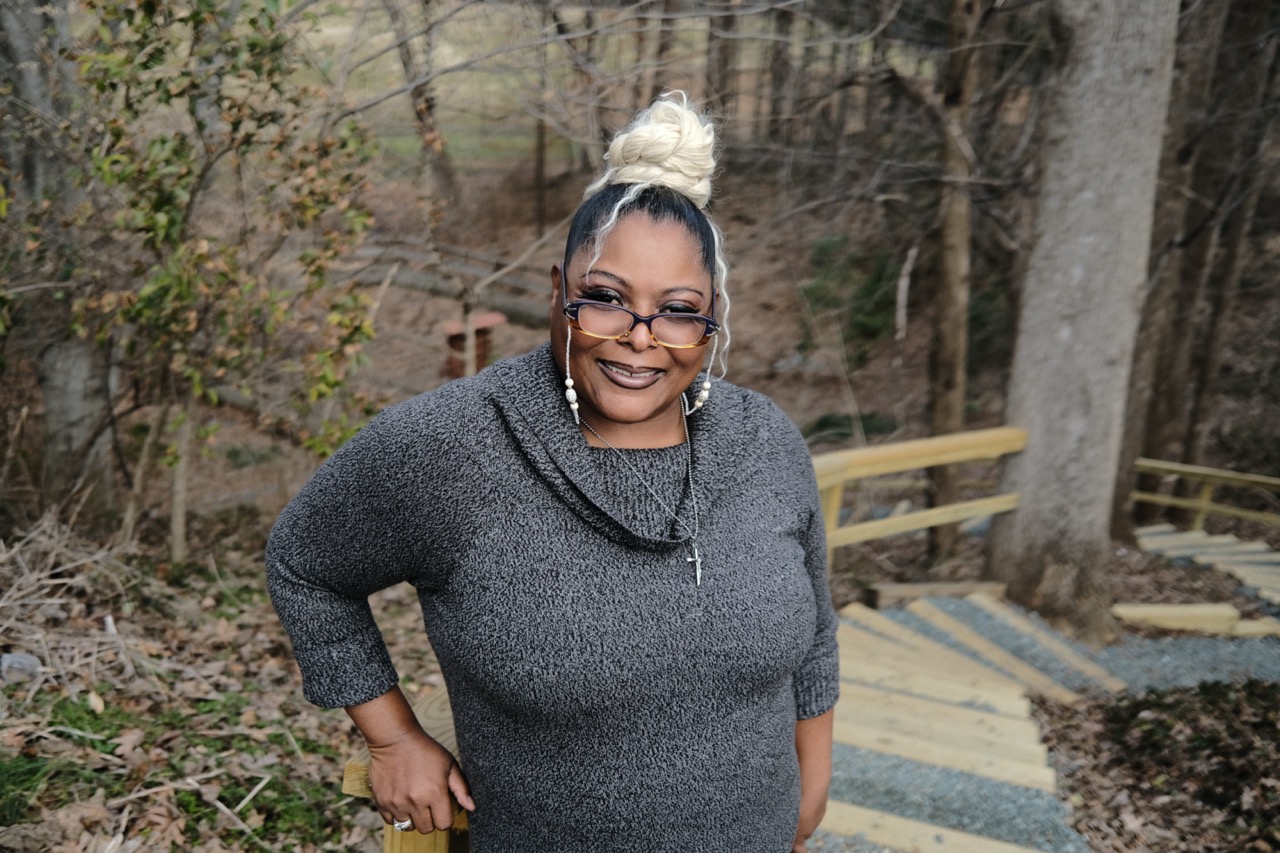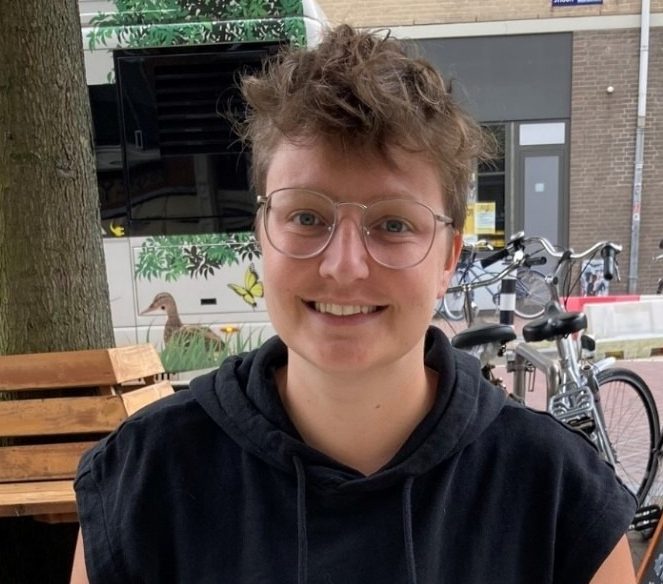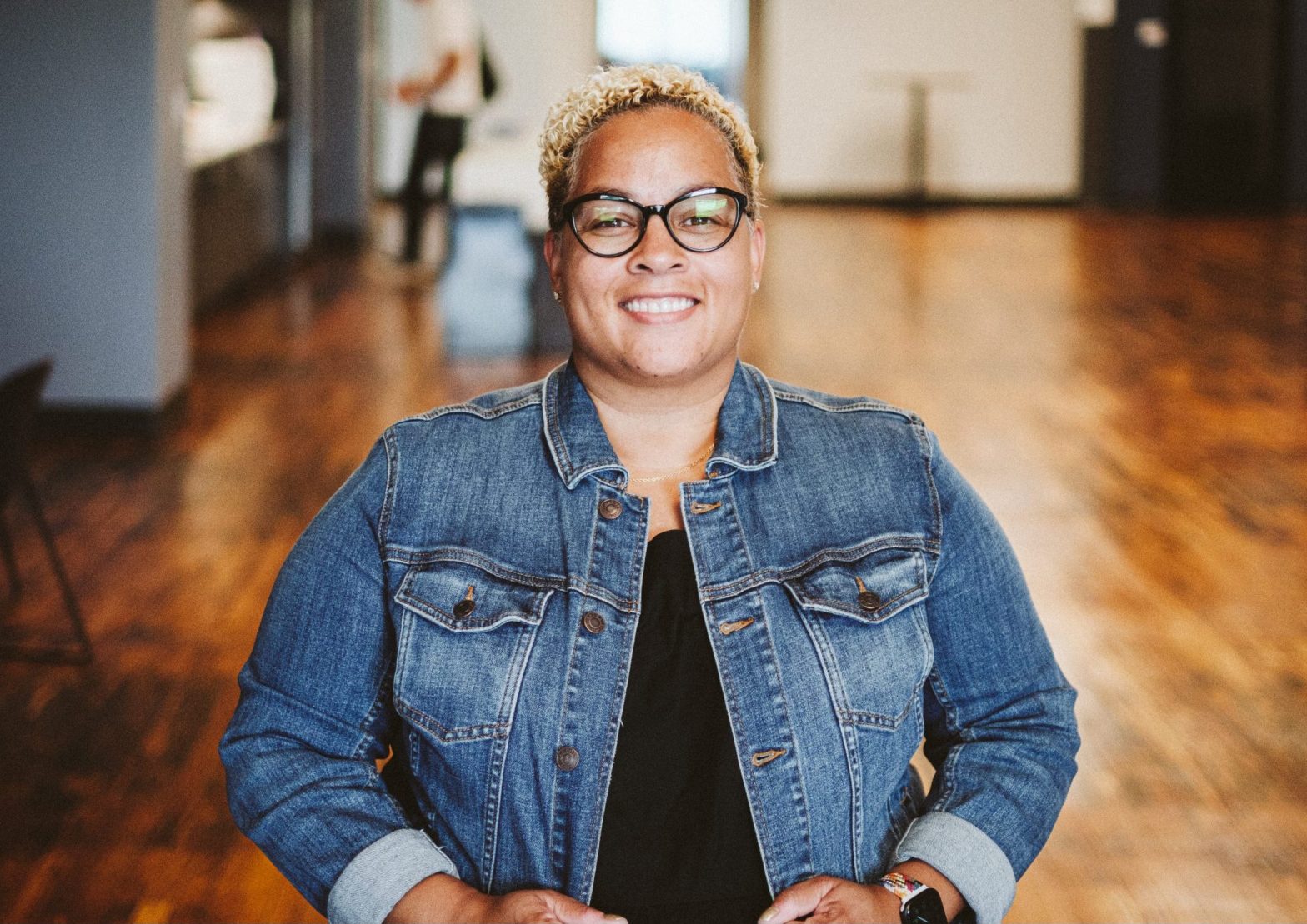Rebecca Reilly was one of five Charlottesville residents to sign a petition urging FEMA to reconsider regulatory changes made to allow real estate development on the floodplain of the Rivanna River.
“Unfortunately, we weren’t aware of the change in the map within 90 days,” said Reilly. “So FEMA’s response was we didn’t respond quickly enough.”
The piano teacher remains determined to stop this development. She is the president of Circus Grounds Preservation Corporation, a new nonprofit that describes itself as a “group of neighbors” raising funds for the city to buy the land and preserve it for recreational use.
Reilly worries that the construction of a 19-foot wall on the floodplains could permanently disrupt the natural environment.
“But our top concerns right now have to do with the actual safety of the people that currently live there,” Reilly told C-VILLE.
Kirk Bowers, a licensed professional civil engineer and environmental activist, called the land “the worst place around here” to build housing, citing flooding concerns and traffic congestion.
“That whole intersection will need to be rebuilt in order to accommodate vehicular movements,” he said.
Reilly also noted that the developers, local real estate firm Seven Development LLC and Shimp Engineering, declined a request by the Office of Community Solutions to allot 10 percent of the units as affordable housing.
“One- and two-bedroom luxury units that have been clearly stated to not be affordable housing are not going to solve the problem that our city is facing right now,” she said.
In a press release sent to local media on February 16, the group claimed that Charlottesville Mayor Lloyd Snook “has been made aware” of the new nonprofit. Reilly said she had not spoken to the mayor directly, but the group’s pro bono lawyer had “a few conversations with [Snook] … and some email exchanges as well.”
When C-VILLE first contacted Snook for an interview, he curtly replied “I don’t know anything about [Circus Grounds Preservation Corporation].” When the group’s objective was explained to him, however, he was receptive.
“We’re talking about trying to build in a floodplain, which as a general proposition, we don’t want to encourage. It may be a particularly appropriate time and situation for [the city to buy the property].” Snook noted that funding could be a limiting factor.
“If a private entity, nonprofit of some sort, is saying we’re gonna raise the money to help make this a park then that makes it a whole lot easier. I would be very interested in a proposal like that,” he said.
City Councilor Michael Payne argued that the development conflicts with long-term plans made by the city.
“Under our Future Land Use Map, the density in this area is substantially lower than what the developer is currently proposing,” he said. “In addition, they’re currently avoiding our inclusionary zoning requirements, which would require affordable housing at 60 percent AMI [area median income] or below to be included in the development.”
Payne noted that the Urban Rivanna River Corridor Plan calls for the city to “carefully guide development to ensure that no damage is done to the Rivanna River watershed, and that the area is preserved as a public space.”
“Ultimately,” he said, “the question in my mind is: Do we envision any areas in the city we want to protect as public parks and accessible natural areas? Do we want to create any public areas where the community can come together without needing to pay money? Or do we want to privatize our entire city?”
